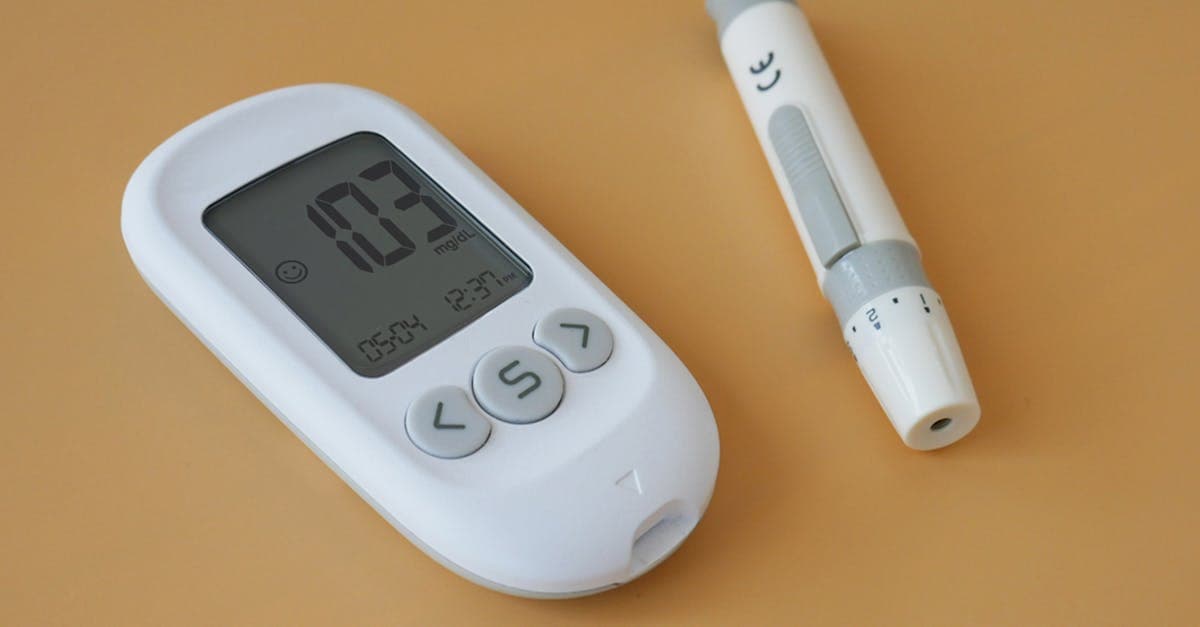Published on:
5 min read
Cholesterol Solutions: Your Guide to Effective Treatment Options
High cholesterol can pose serious health risks, but effective treatment options are available. This guide explores various methods for managing cholesterol levels, empowering you to take charge of your heart health.

Understanding Cholesterol
Cholesterol is a waxy substance that the body needs but can be harmful in excess. It exists in two forms: LDL (low-density lipoprotein) and HDL (high-density lipoprotein). LDL is often referred to as 'bad' cholesterol because high levels can lead to plaque buildup in arteries, increasing the risk of heart disease. In contrast, HDL is considered 'good' cholesterol, as it helps remove LDL from the bloodstream. Understanding these types is crucial for managing your cholesterol levels effectively.
Lifestyle Changes: The First Step
Before considering medication, lifestyle changes are often the most effective initial step in managing cholesterol. This includes adopting a heart-healthy diet rich in fruits, vegetables, whole grains, and healthy fats. Regular exercise can also significantly lower LDL levels while boosting HDL levels. Aim for at least 150 minutes of moderate aerobic activity each week. Additionally, avoiding tobacco and limiting alcohol intake can further support your cholesterol management and overall health.
Medications: When to Consider Them
In some cases, lifestyle changes alone may not be sufficient to manage cholesterol levels effectively. Statins are the most commonly prescribed medications that help lower LDL cholesterol. Other options include bile acid sequestrants, niacin, and PCSK9 inhibitors. It is vital to discuss potential side effects, interactions, and the right choice for your individual health profile with a healthcare provider. Regular monitoring and communication with your doctor will ensure that your treatment plan remains effective and tailored to your needs.
Conclusion: Taking Control of Your Cholesterol
Managing cholesterol effectively requires a proactive approach that combines lifestyle changes and, when necessary, medication. Start by understanding your cholesterol levels and the risk factors involved. By incorporating healthy habits and maintaining open communication with your healthcare provider, you can take control of your heart health and reduce the risks associated with high cholesterol.
Published on .
Share now!










